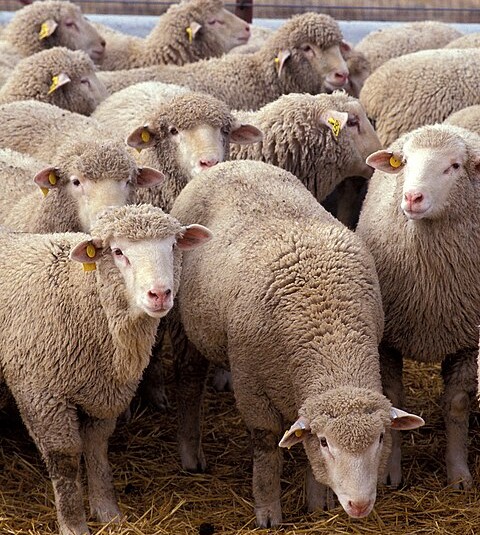
In defence of debate – oppose all mandatory training on controversial topics
The Foundation for Individual Rights in Education (FIRE), a group campaigning for free speech in the US, opposes all forms of mandatory training for academics or students:
Liberty cannot exist when people are forced to conform their thoughts and expression to an official viewpoint. Differences of opinion are the natural by-products of a vibrant, free society. At many of our nation’s colleges and universities, however, students are expected to share a single viewpoint on hotly debated matters like the meaning and significance of diversity, the definition of social justice, and the impermissibility of “hate speech.” Mandatory “diversity training,” in which students are instructed in an officially-approved ideology, is common. Some institutions have enacted policies that require students to speak and even share approved attitudes on these matters or face disciplinary charges.
FIRE’s opposition to mandatory training for students is supported by Academics For Academic Freedom (AFAF). AFAF also opposes all mandatory training for academics for the same reason that ‘training’ promotes intellectual conformity. Diversity of opinion is the life blood of universities and of democratic societies. We oppose all mandatory training on contested or controversial topics. The list of such unacceptable and authoritarian training includes, but is not limited to, training in ‘equality’ ‘diversity’, ‘unconscious bias’, ‘Prevent’ (‘countering radicalisation’) ‘decolonisation’, and ‘trans awareness’. We also oppose mandatory training to enable academics to exhibit university ‘values’. This training is not only a threat to academic freedom but a threat to academic employment if these ‘values’ are not adopted.
AFAF’s position is that all contested and controversial issues should be approached through discussion and debate rather than through the imposition of an acceptable viewpoint. “Mandatory” training is usually developed by Human Resource departments in conjunction with external consultants who have no understanding of academic freedom. The claim is often made that ‘training’, in relation to contested or controversial issues, is a legal requirement. This may be true but the boxes can be ticked through discussion and debate. Imposing any institutionally backed views on academics is unacceptable however fashionable those views may be.
Academics are not sheep to be herded into an intellectual compound of conformity of thought.
(Photo credit: Keith Weller. This image is in the public domain because it contains materials that originally came from the Agricultural Research Service, the research agency of the United States Department of Agriculture.)

